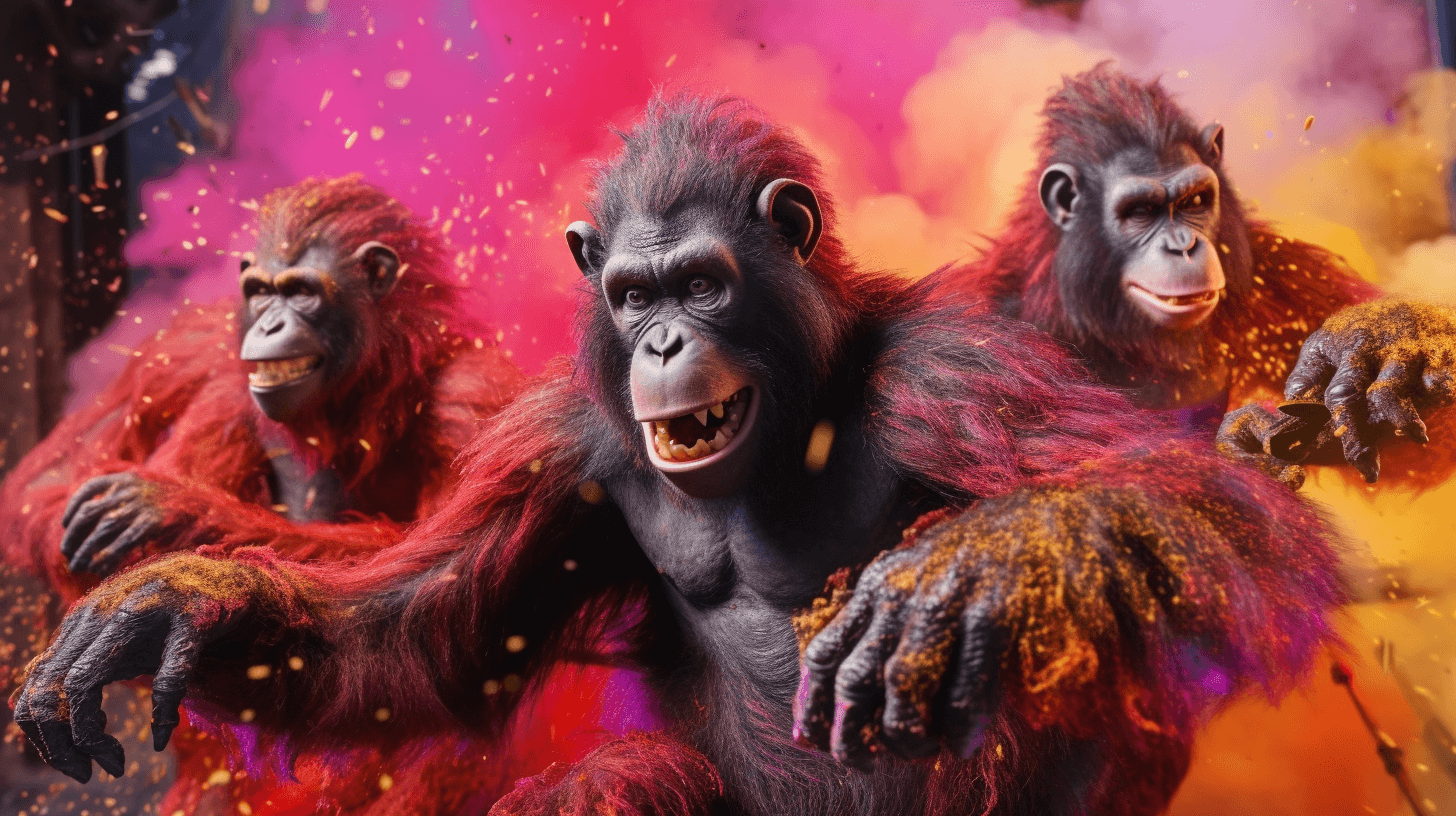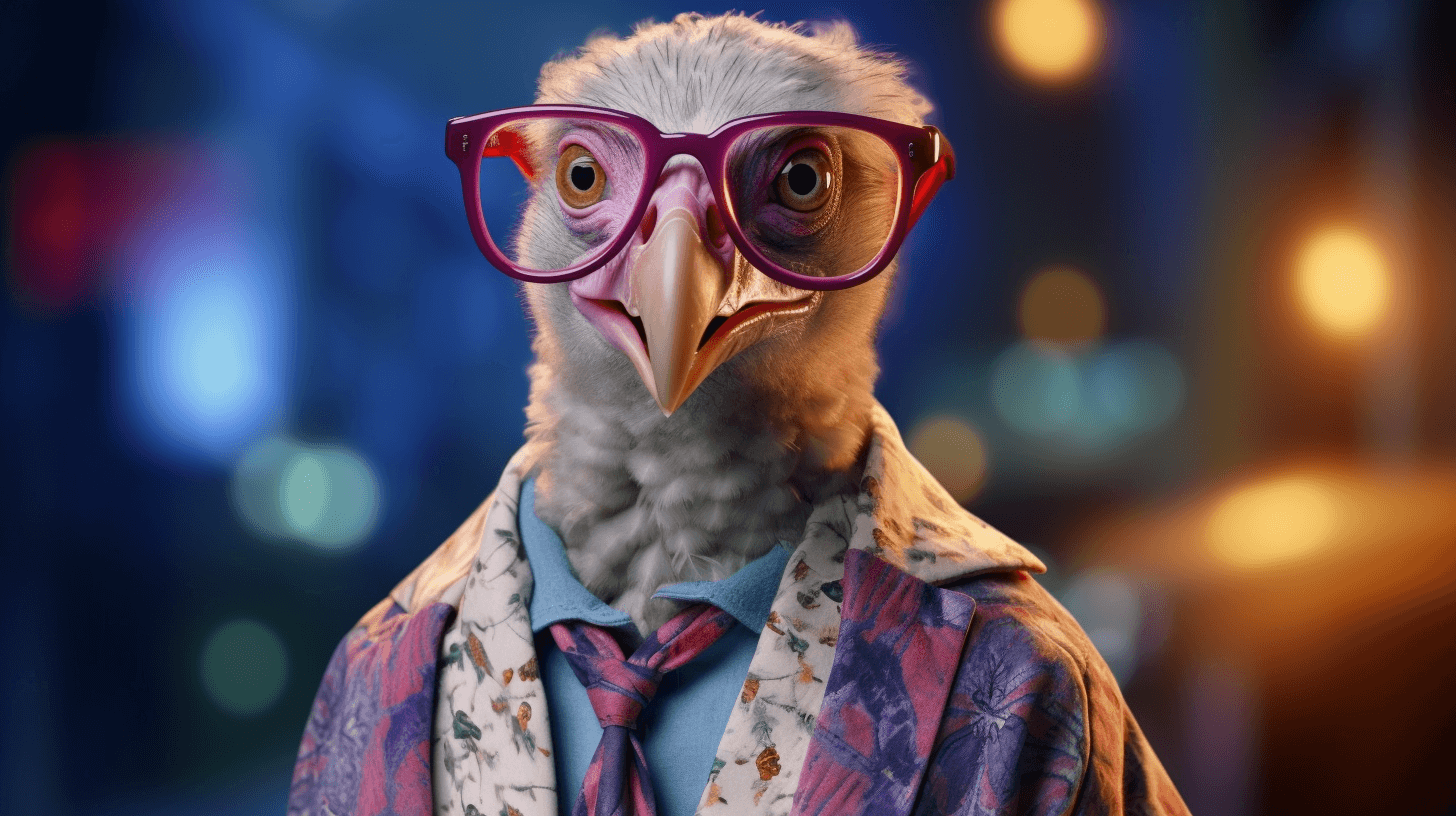🐊📖 Try Talk Croc? Da Quest Fo’ Da Crocodile Dictionary!
⬇️ Pidgin | ⬇️ ⬇️ English
Bra, you know da crocodiles? Dey plenny chatty, yeah? And da scientists? Dey tink if we learn da kine crocodile talk story, den we can undahstand dem bettah. Kinda cool, yeah? 🤙
Had one male saltwater crocodile, da kine dey call “saltie” down undah in Australia, wen see one wahine saltie. He go snap snap at her, like he all big and bad. 🐊💢 But den, change gear, bra! Instead of being all tita, he wen go undah da watah and blow bubbles at da wahine. Chee, sounds like one love story, yeah? Sonnie Flores, one crocodile mahiʻai (researcher) from da University of the Sunshine Coast, she wen see all dis. She say, “Ho, was like he wen blow her one kiss.” 😘💦
So wat da crocodiles stay saying? Dat’s da big question fo’ Ms. Flores and her gang. Dey trying fo’ make da very first crocodile dictionary, or da kine “gator glossary.” If can, dis ting might even help keep da peace between us humans and da crocs. 📚✌️
Now, crocodiles and gators, dem guys no get da kine vocal cords like us. But still, dey da most talkative out of all da reptiles! After checking out videos of crocs from Australia Zoo and da wild kine from Daintree River and Cape York Peninsula, Ms. Flores wen pick up on 13 kine crocodile sounds. Had growls, bellows, hisses, and even da kine water tricks like blowing bubbles and making water spout up from their nose. One croc can even shake its back and make water fly! 📹💧🔊
Den get dis guy, Vladimir Dinets from da University of Tennessee. He wen study da American alligators and saw dem doing dis circle swimming thing, like old school kanikapila. And he even seen dem do one big group bellow, with like 200 gators all at once. Ho, sounds like one big party, yeah? 🎉🐊
And here’s da trippy part: crocs can talk using one suuuper low frequency sound, da kine infrasound. But Dr. Dinets say dat should be “physically impossible.” Yet, da crocs, dey found one way fo’ do it. Mean, yeah? 🎶🤯
Now dat scientists know how crocs talk, da next step is figuring out wat dey saying. Dominique Potvin, one sound ecologist helping with da dictionary, says dat croc talk not dat easy fo’ us humans fo’ get. Usually, we tink dey just saying “Back off, brah!” but maybe get more to da story. 🤷🤔
Da hard part? Most times da crocs, dey stay hidden, especially wen us humans come close. And trust, you no like get too close. Even when studying da crocs in da zoo, get problems. Da crocs kept grindin’ da microphones! 🍔🎤
David White, who get one boat tour company, been watching crocs for 26 years. He helping da scientists figure out wat each sound mean. He say, “We know all da crocs here. Sometimes looks like beef, but we know, jus’ dem flirting.” 😂❤️
If can make dis crocodile dictionary, maybe can help us all get along bettah. With more crocs coming around where humans stay, if we can undahstand their sounds, might even keep us safe. Maybe can even make da crocs go away by playing back certain sounds. And, might even help with crocodile kākoʻo (conservation), finding out when dey stressed or hungry. Dr. Dinets hopes dat when people learn more about crocs, dey see dem as more than just one scary monster.
So, nex’ time you hear one croc, remember might be more to da story. Maybe he jus’ saying “Aloha!” or “Howzit!” 🌺🤙🐊
NOW IN ENGLISH
Cracking the Crocodile Code: The Journey for a Crocodile Dictionary! 🐊📖
Did you know that crocodiles are quite talkative? Scientists believe that if we grasp their unique form of communication, we can understand them better. Interesting, right? 🤙
A male saltwater crocodile, known as a “saltie” in Australia, encountered a female of his kind. Initially, he seemed aggressive, snapping at her. 🐊💢 But then, there was an unexpected twist! Instead of maintaining his aggression, he dipped below the water’s surface and blew bubbles at her. As Sonnie Flores, a crocodile researcher from the University of the Sunshine Coast, observed, “It was almost like he was sending her a kiss.” 😘💦
So, what are these crocodiles trying to convey? That’s the burning question for Ms. Flores and her team. They are on a mission to create the very first crocodile dictionary, or a “gator glossary.” If they succeed, this could bridge the gap between human and crocodile interactions. 📚✌️
Even though crocodiles and alligators don’t have advanced vocal cords like us, they’re the most vocal reptiles out there! After examining videos from the Australia Zoo and wild footage from Daintree River and Cape York Peninsula, Ms. Flores distinguished 13 distinct crocodile sounds. These range from growls and bellows to hisses and even water actions like blowing bubbles and shooting water from their nostrils. Some can even ripple their backs to spray water! 📹💧🔊
Then there’s Vladimir Dinets from the University of Tennessee, who has studied American alligators. He observed them engaging in group activities, akin to synchronized swimming, and noted instances where as many as 200 alligators would bellow simultaneously. Quite the gathering, huh? 🎉🐊
The intriguing part: crocodiles communicate using extremely low-frequency sounds, known as infrasound. Dr. Dinets mentions that this should be “physically impossible.” However, these creatures have found a unique way to do so. Fascinating, isn’t it? 🎶🤯
Now that the scientists have identified these sounds, the next challenge is deciphering their meanings. Dominique Potvin, an acoustic ecologist working on the dictionary, mentions that understanding crocodile language isn’t straightforward. While we often perceive their sounds as warnings, there might be more depth to their messages. 🤷🤔
One of the challenges? Crocodiles are often elusive, especially when humans are nearby. Getting too close can be perilous. Even in controlled environments like zoos, complications arise—like the crocs at the Australia Zoo that kept munching on the microphones! 🍔🎤
David White, a boat tour operator who has observed crocs for 26 years, aids scientists in interpreting these sounds. He notes, “We’re familiar with all the crocs here. Some behaviors might seem aggressive, but from our experience, it’s just their way of courting.” 😂❤️
If this crocodile dictionary comes to fruition, it could revolutionize our relationship with these creatures. With crocodile populations on the rise and them venturing into human habitats, understanding their sounds could enhance our safety. We might even deter them by playing specific sounds. Furthermore, this dictionary could assist in crocodile conservation by identifying when they’re stressed or hungry. Dr. Dinets is optimistic that as we understand them better, we might view them beyond their fearsome reputation.
So, the next time you hear a croc, remember there’s more to the story. Maybe it’s just saying “Hello!” or “How are you!” 🌺🤙🐊







